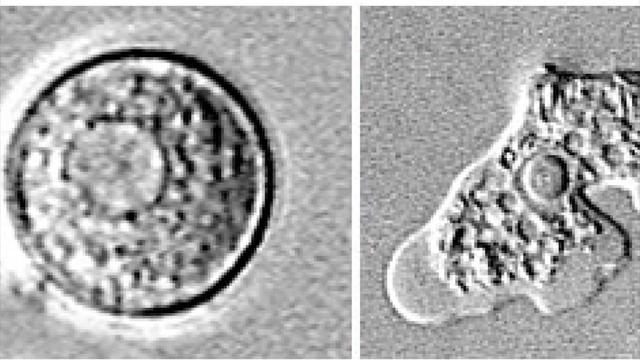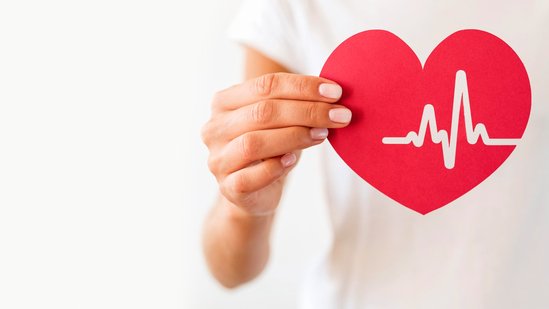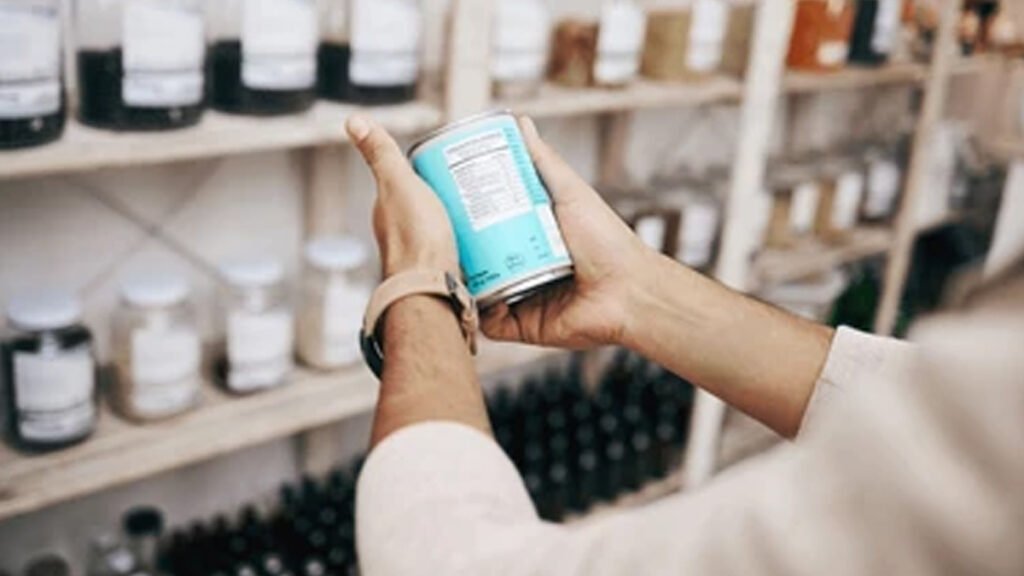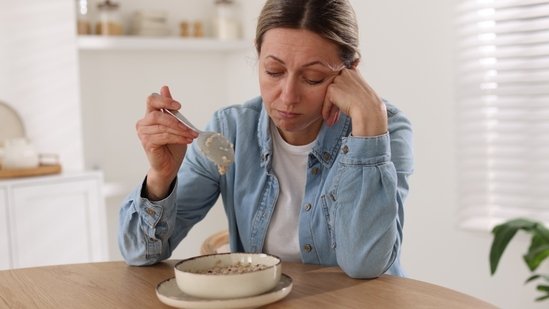Parasite called Naegleria fowleri has been found in several states and is blamed for 3 deaths in the U.S. this year

How to stay safe from the brain-eating amoeba
01:03
A Texas woman died from an infection caused by a brain-eating amoeba after using tap water in a nasal irrigation device, according to the Centers for Disease Control and Prevention.
The woman died of primary amebic meningoencephalitis, or PAM, a rare but often fatal brain infection caused by the Naegleria fowleri organism, a case report published by the agency last week said.
The previously healthy 71-year-old developed severe symptoms, including fever, headache and altered mental status, within four days after using the nasal irrigation device, the case report said. Despite medical treatment for a suspected PAM infection, eight days after the symptoms began, she developed seizures and died.
The tap water she used for the sinus rinse came from an RV’s water system at a campground in Texas, according to the case report.
The CDC recommends the use of distilled, sterile or boiled and cooled tap water for nasal irrigation.
PAM is also typically associated with recreational water activities, as the amoeba thrives in warm freshwater lakes, rivers and hot springs. Infections can occur if water containing the ameba goes up the nose and to the brain.
To reduce your risk, the CDC suggests holding your nose or wearing a nose clip if you are jumping or diving into fresh water or keeping your head above water in hot springs.
In rare cases, people have also become infected from pools and splash pads that did not have enough chlorine, the CDC says.
You cannot, however, get a Naegleria fowleri infection from swallowing contaminated water or from someone else who is infected.
Sara Moniuszko is a health and lifestyle reporter at CBSNews.com. Previously, she wrote for USA Today, where she was selected to help launch the newspaper’s wellness vertical. She now covers breaking and trending news for CBS News’ HealthWatch.







